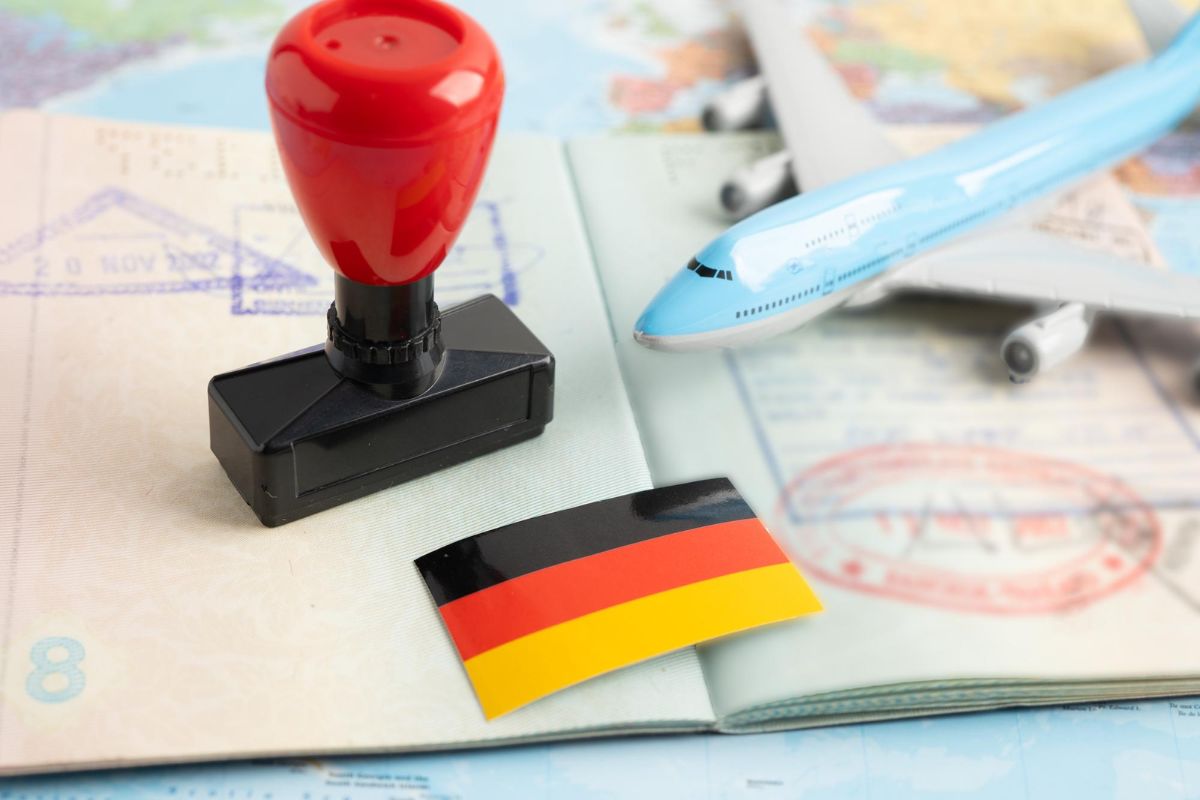Germany is making major adjustments to its salary thresholds for foreign workers, a move that will impact professionals eyeing the country’s popular EU Blue Card and other work permits. The new minimum salary levels take effect from January 1, 2026, with certain updates to the national minimum wage already in place from January 2025.
New Salary Requirements for EU Blue Card Holders
The EU Blue Card remains one of the most flexible ways for highly qualified non-EU professionals to live and work in Germany. Beginning in 2026, the country will raise the entry-level salary requirements across all categories:
1. Non-Shortage Occupations
Workers in roles outside Germany’s shortage list will soon need to earn at least €50,700 a year, up from €48,300. The update keeps salaries in line with inflation and market trends.
2. Shortage Occupations
For high-demand fields like IT, healthcare, and engineering, the new minimum will be €45,934.20, rising from €43,759.80. It’s meant to help attract more qualified foreign professionals.
3. Young Professionals
Recent graduates applying within three years of earning their qualifications will also need a minimum salary of €45,934.20, up from €43,759.80. The aim is to make it easier for young talent to start their careers in Germany.
4. Specialists with Extensive Experience
Experienced professionals will need to earn at least €45,630, compared to the current €43,470. The increase ensures skilled experts are fairly compensated for their experience.
Summary: New EU Blue Card Salary
| Category | Current (€) | New (€) | Increase (€) |
|---|---|---|---|
| Non-shortage Occupations | 48,300 | 50,700 | 2,400 |
| Shortage Occupations | 43,759.80 | 45,934.20 | 2,174.40 |
| Young Professionals | 43,759.80 | 45,934.20 | 2,174.40 |
| Specialists with Extensive Experience | 43,470 | 45,630 | 2,160 |
The increases aim to align with inflation and maintain fair compensation levels for foreign professionals working in Germany’s high-demand sectors, such as IT, healthcare, and engineering.
Higher Salary for Skilled Worker Permit Applicants
For those applying under the Skilled Worker Permit or Local Hire Permit, a new salary rule applies to applicants aged 45 or older. Starting in 2026, they’ll need to earn at least €55,770 per year, up from €53,130. Applicants who don’t meet this threshold must show proof of adequate retirement savings to qualify.
National Minimum Wage Increased
Germany’s national minimum wage rose to €12.82 per hour from €12.41, effective January 1, 2025. The change did not affect work visa holders, who are already required to earn a market-rate salary based on their role and qualifications.
Salary Rules for Other Work Permits
Foreign employees holding other types of residence permits, such as the EU Intra-Company Transfer (ICT) Card or Local Hire Work & Residence Permit, must continue to be paid salaries comparable to German workers in similar roles. Employers are also reminded that salaries must be paid in euros, and EU Blue Card holders must be on the local payroll.
What This Means for Foreign Workers
For professionals planning to work in Germany, the salary increases mean slightly higher income requirements but also a stronger push for fair wages. It reflects Germany’s broader effort to attract qualified talent while ensuring foreign workers are paid on par with locals.
In short: if you’re planning to apply for a German work visa or EU Blue Card in 2026, expect a small but important bump in the salary thresholds—and make sure your offer meets the new standards.
Follow and connect with us on Facebook, Twitter, LinkedIn, Instagram and Google News for the latest travel news and updates!
